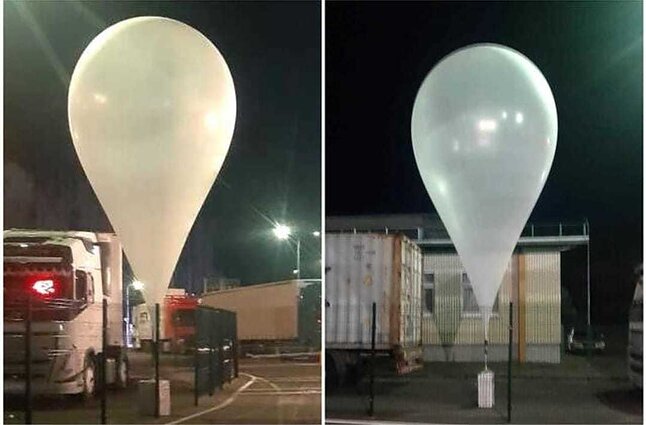The European Union has broadened its Belarus sanctions regime to cover hybrid activities after incidents that Lithuania says disrupted its airspace. The change was agreed on Monday, 15 December 2025, as ministers met in Brussels for the Foreign Affairs Council.
Lithuania’s foreign minister, Kęstutis Budrys, said the bloc was preparing to expand measures to respond to cross-border disruption. Ahead of the meeting, he said Lithuania wanted a stronger EU sanctions framework if hybrid activity from Belarus continued.
The Council said it had introduced a new criterion for listing individuals, entities and bodies involved in, facilitating, or benefiting from actions or policies attributable to Belarus that undermine or threaten democracy, the rule of law, stability or security in the EU and its member states. It said the decision followed meteorological balloon incursions into Lithuanian airspace.
Under the revised criteria, the Council said the EU can impose restrictive measures against those who “plan, direct, engage in support or facilitate” foreign information manipulation and interference. It said the EU will also be able to sanction individuals and entities engaged in actions targeted at the functioning of democratic institutions, economic activities or services of public interest in the EU and its member states. The Council added that the EU can target involvement in the unauthorised entry into the territory of a member state.
Lithuania declared a state of emergency on 9 December after repeated balloon flights forced interruptions to air traffic, including temporary airport closures. Lithuanian authorities say smugglers use the balloons to transport cigarettes and describe the activity as a hybrid attack on national security. The government asked parliament to authorise military support for police and border guards, including powers to restrict access to areas, stop and search vehicles, check documents and detain suspects; the military would be permitted to use force when carrying out these functions.
Lithuania’s Interior Ministry has published figures it says illustrate the scale of the problem. In a letter urging EU action, it said 599 smuggling balloons and 197 drone incursions had been recorded this year, disrupting 320 flights, affecting 47,000 passengers and contributing to nearly 60 hours of airport closures. The ministry also said Belarus had detained about 1,000 Lithuanian freight trucks and imposed unlawful fees.
Belarus has denied responsibility for the balloons and accused Lithuania of provocations. President Alexander Lukashenko has said Lithuania is exaggerating the incidents and politicising them, while saying Belarus does not want conflict with its neighbours. Lithuania has rejected Belarusian claims that it sent a drone into Belarusian territory or dropped political material, describing the allegations as false.
The EU has previously linked balloon incidents to wider concerns at the external border. In October, the High Representative issued a statement on behalf of the EU saying the balloons were “not merely smuggling tools” and should be seen in the context of a broader targeted hybrid campaign alongside state-sponsored migrant smuggling, and calling on Belarus to control its airspace, state border and territory and prevent organised criminal activity originating within it.
The latest change fits into a sanctions architecture that has expanded since 2020. The Council says the EU imposed restrictive measures in response to the Belarusian presidential election of 8 August 2020 and the repression that followed, and later broadened the regime in response to Belarus’s support for Russia’s war against Ukraine. The Council’s sanctions overview lists 310 individuals and 46 entities currently sanctioned; measures include travel bans, asset freezes and a prohibition on making funds or economic resources available to those listed.
The broadened criterion does not, by itself, add new names to the sanctions list, but expands the legal basis for future designations. Any additional listings would still require agreement among member states. The Foreign Affairs Council’s published programme said ministers would be informed about hybrid threats against EU member states under “any other business”.
The European Parliament has scheduled a debate with the Commission on 16 December on what it calls ongoing Belarusian hybrid attacks against Lithuania, with a vote on a resolution expected on 18 December.


